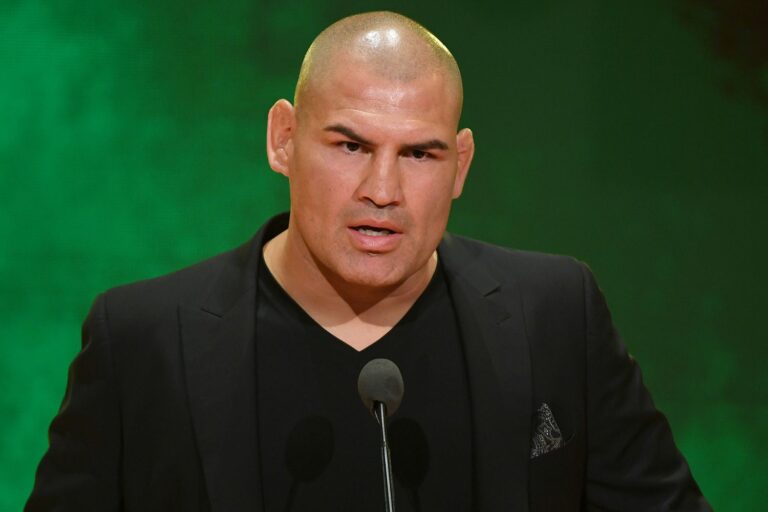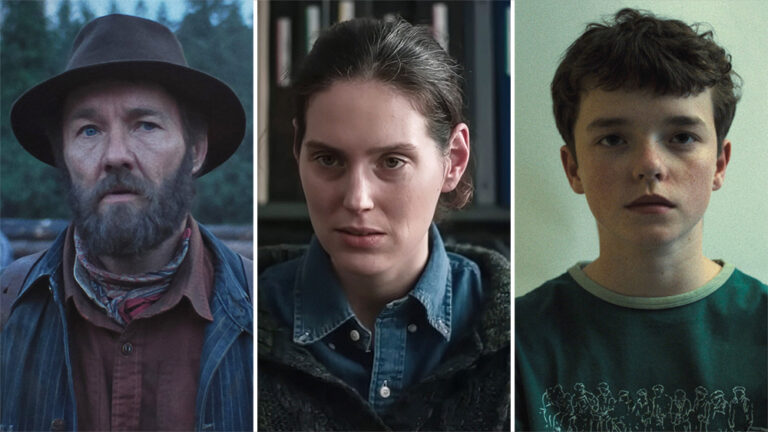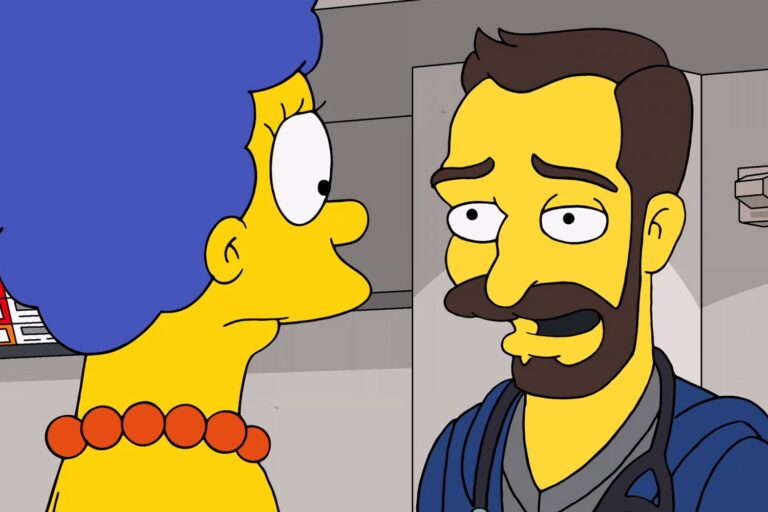Reading Time: 4 minutes
Jamie Lee Curtis has her own reaction to the death of Charlie Kirk.
She became very expressive as she discussed the shooting during an interview.
Across social media, many people are expressing bitter disappointment towards the actress who received heaps of praise just last month.
Is Curtis wrong? Are her critics? Both? Neither?
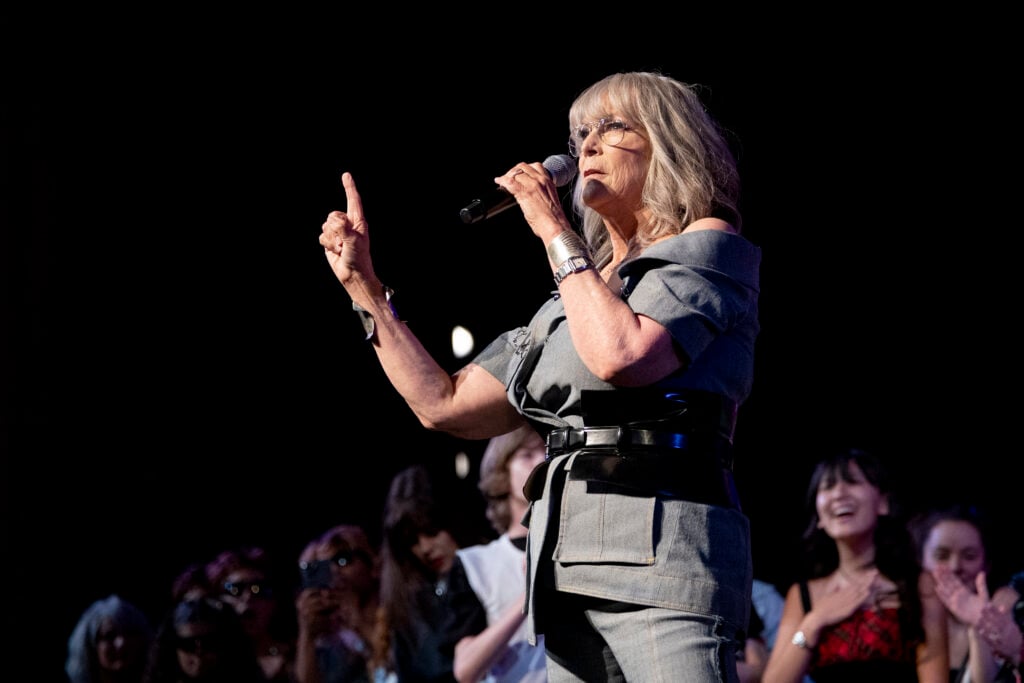

Jamie Lee Curtis is heartbroken over Charlie Kirk, even if she did not quite remember his name
On Monday, August 15, Jamie Lee Curtis discussed the Charlie Kirk shooting on the WTF With Marc Maron podcast.
“I’m going to bring something up with you just because it’s front of mind,” the actress announced.
Curtis continued: “Charlie Crist was killed two days ago.”
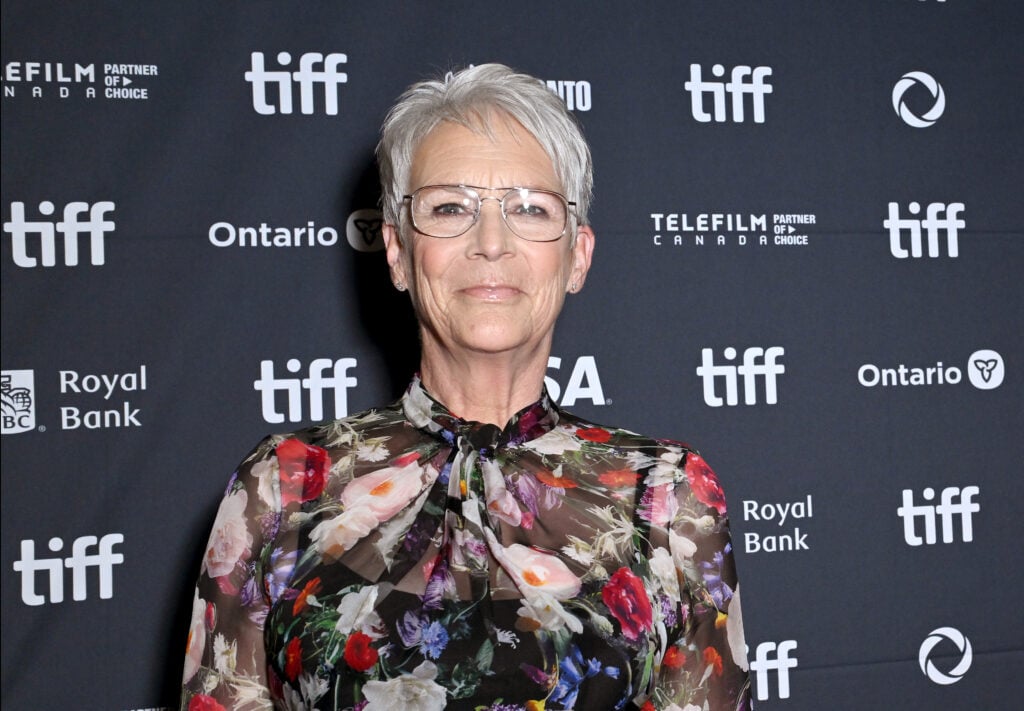

First point, it is possible that the podcast episode recorded on Friday, September 12, which would indeed have been two days after Kirk’s death at Utah Valley University.
Second point, of course, is that that is … not his name.
“Sorry, Kirk,” Curtis apologized after the host corrected her.
“I just call him Crist, I think, because of Christ, because of his deep belief.”


To be clear, she is not endorsing any of his statements
“I mean, I disagreed with him on almost every point I ever heard him say,” Jamie Lee Curtis emphasized of Charlie Kirk.
She seems to be referring to the far-right podcaster’s history of making racist, homophobic, misogynistic, transphobic, and Christian nationalist statements.
“But I believe he was a man of faith,” Curtis explained.
“And I hope in that moment when he died, that he felt connected to his faith.”
Jamie Lee Curtis got emotional over Charlie Kirk’s tragic passing during an interview with Marc Maron
🔉 WTF with Marc Maron pic.twitter.com/cZOdCJL3nG
— TMZ (@TMZ) September 16, 2025
“Even though I find what his ideas were abhorrent to me,” she continued.
“I still believe he’s a father and a husband and a man of faith.”
Curtis expressed: “And I hope whatever ‘connection to God’ means, that he felt it.”
It seems that one particularly upsetting detail, to the actress, was that videos of the shooting proliferated across social media in the immediate aftermath.
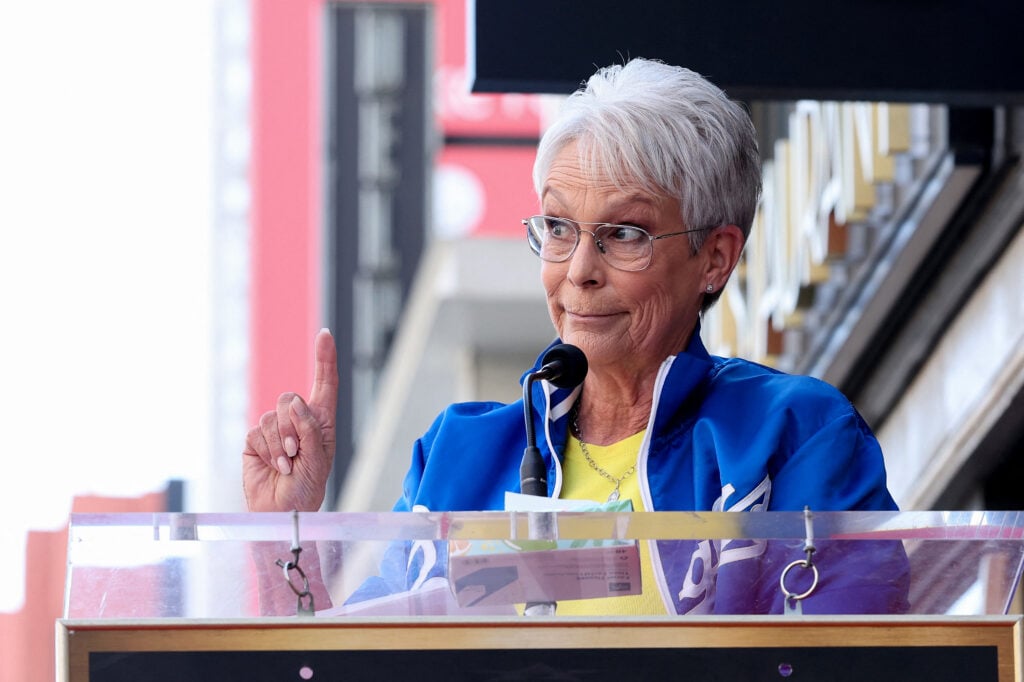

In some ways, it’s less about the man and more about the cultural toll of violence
Jamie Lee Curtis lamented how “we, as a society, are bombarded with imagery” of real-world death and violence, including the shooting death of Charlie Kirk.
“So, we don’t know what the longitudinal effects of seeing those Towers come down over and over and over and over again,” she reasoned. Certainly, much of America seemed to lose its mind after 9/11, and portions of our nation have yet to regain their senses.
She also connected Kirk’s shooting to that of President John F. Kennedy.
Not because she was equating them in import (a podcaster, no matter how influential, is not a well-regarded President of the United States), but because the Kennedy Assassination took place on her fifth birthday.
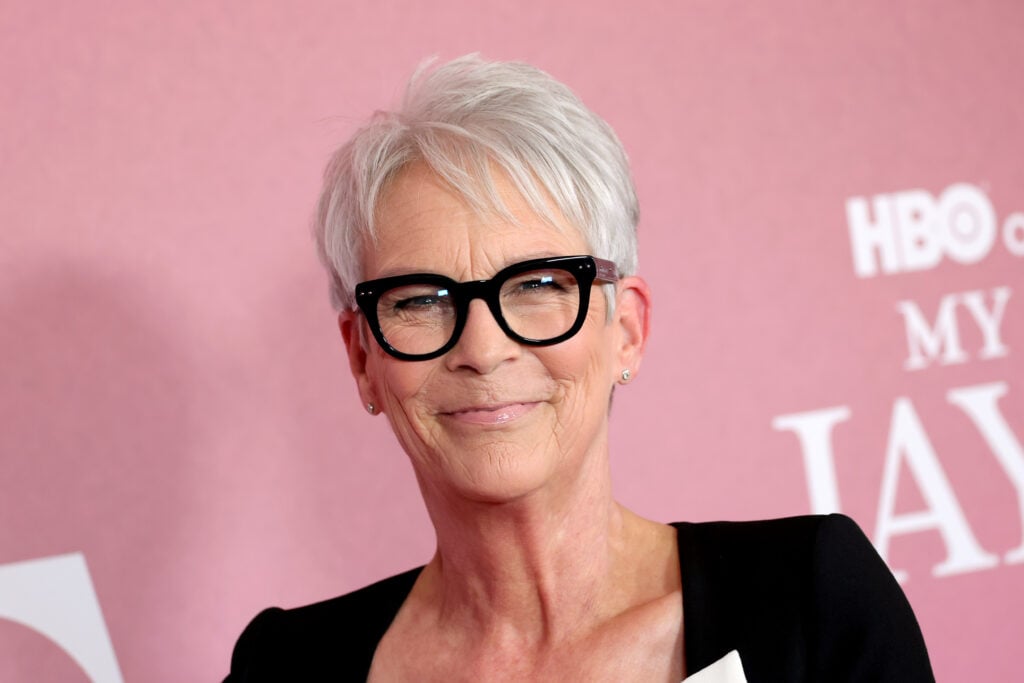

“I’m associated with this awful day of someone being assassinated on television,” Curtis acknowledged, expressing a fear that our society has become “inured” to footage of real-world violence.
“We are numb to them, but they are in there,” she continued.
“We don’t know, we don’t know enough psychologically about what that does. What does that do?”
That is actually a very fair question.
And, however one feels about Kirk or his shooting, graphic images of gun violence are probably not healthy for our society.
2/2. Kirk and fellow extremist guests called for public beheadings to become sporting events, which children should watch: “At a certain age, it’s an initiation.”
Full context: www.mediamatters.org/charlie-kirk…
[image or embed]
— Matthew Sheffield (@matthew.flux.community) September 14, 2025 at 12:04 PM
Feeling the emotion of sadness is not an endorsement of a man
Some have been very critical of Curtis for seeming to express sympathy for Kirk, given how many swathes of people he maligned during his life. Her own daughter is transgender, after all.
But, at the risk of inserting a little too much nuance into an extremely polarizing topic, it is actually okay and normal for someone to feel saddened by a death.
This is not a universal feeling, even if certain aspiring thought-police attempting to punish people for not mourning properly insist that it be.
It is okay for Curtis to feel sad about a man’s violent death, no matter the quality of that man’s character in life. She is, notably, not asking anyone else to feel the same way.





